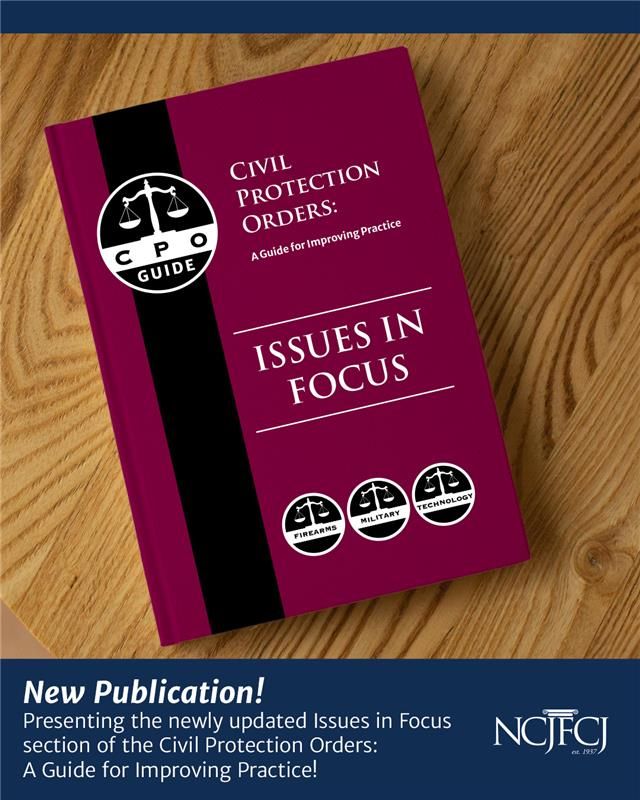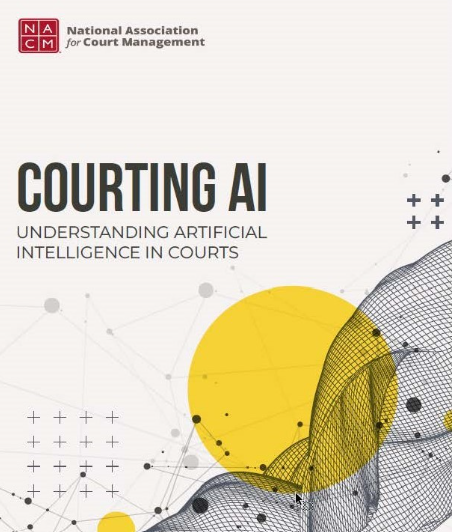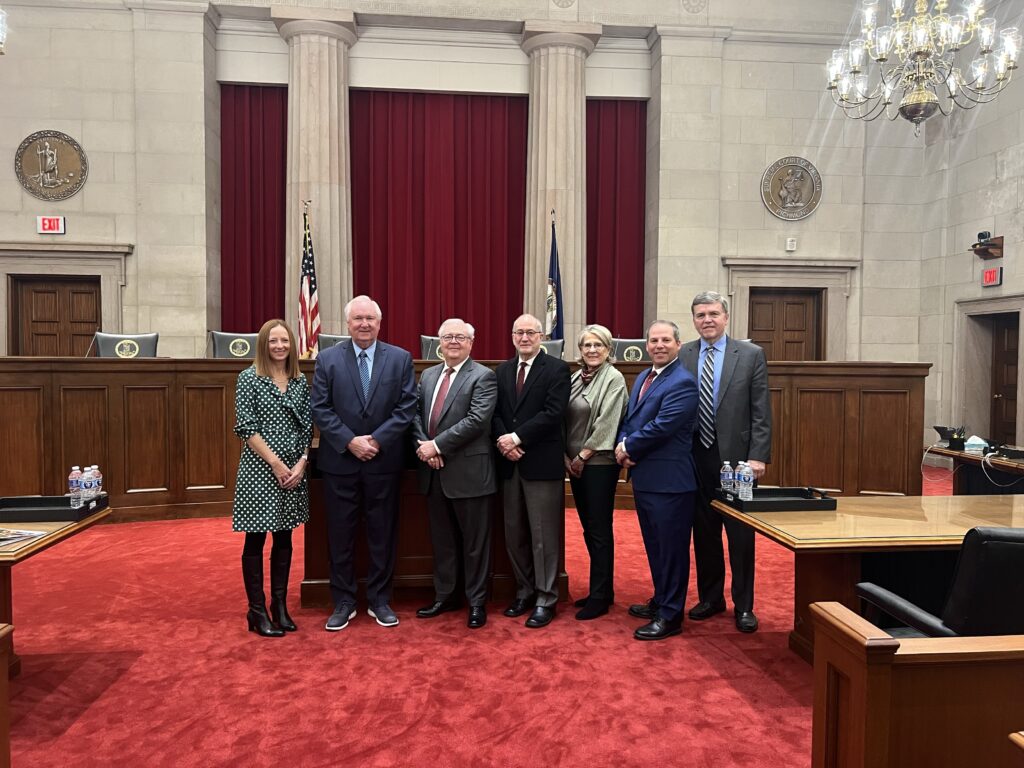The 1st Quarter Board Meeting was held on December 9, 2024, at the Supreme Court of Virginia in Richmond, VA. Members of the SJI Board, Executive Director, Jonathan Mattiello, and Senior Program Advisor, Michelle White, were joined by Chief Justice S. Bernard Goodwyn, Chief Judge of the Court of Appeals Marla Decker, State Court Administrator Karl Hade, and other court staff.
SJI received fourteen grant applications requesting a total of $1,459,487 for the 1st quarter of FY 2025.
The Board awarded one Strategic Initiative Grant to the Justice Management Institute to assess online case resolution (OCR) feasibility nationwide, introduce OCR to two states and plan for pilots in two jurisdictions.
Three (3) Project Grants were awarded to: 1) the Maryland Judiciary to support a statewide behavioral health summit; 2) the National Association for Court Management to develop and deliver nationally significant educational programs to include in-person and remote opportunities; and 3) to the Montana Supreme Court to create infrastructure to grow the cadre of skilled Community Justice Workers, and build state approval for the non-attorney advocates to represent consumer debtors and tenants in evictions.
Six (6) Technical Assistance Grant applications were awarded: 1) the Indiana Office of Judicial Administration to develop a Behavioral Health Action Plan to be disseminated to judicial officers statewide; 2) Washington County, Oregon, to establish a framework that will lead to positive outcomes for probation and justice-involved youth; 3) the Judicial Council of California to improve caseflow management in all case types; 4) the Second Judicial District Court to assess operations and caseflow management in the court; 5) the Idaho Supreme Court to support a strategic planning initiative; and 6) Supreme Court of New Mexico to conduct an in-depth study of the process for admission to the New Mexico Bar.
Two (2) Curriculum Adaptation and Training Grants were awarded: 1) the Oregon Judicial Department to host a statewide training summit for the jury services staff; and 2) the National Association of Women Judges to develop training on AI for courts focused on helping self-represented litigants (SRLs). The training, offered at conferences and online, will cover AI tools that enhance judicial efficiency, detect falsified evidence, and support SRLs.
The next deadline for grant applications is February 1, 2025.




